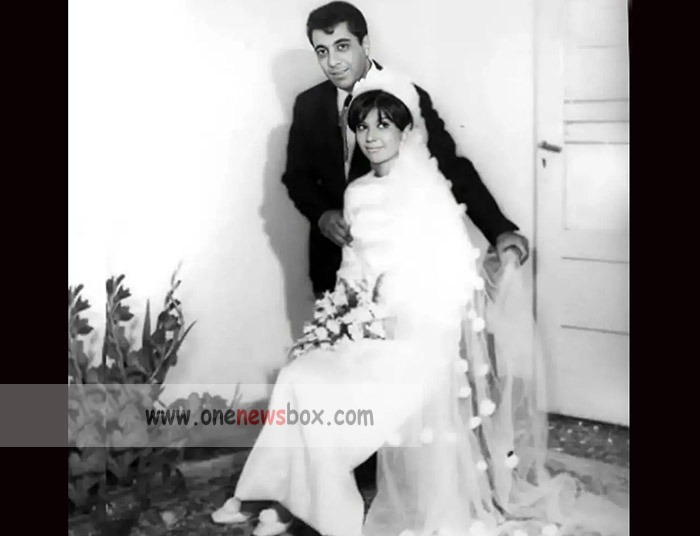Ustad Akbar Golpayegani (1933–2023), widely known by his artistic name Golpa, occupies a towering place in the history of traditional Iranian music. He is remembered as one of the great radif singers, a master of Persian classical vocal performance, and an innovator who bridged the older traditions of tazieh and religious recitation with modern performance styles on radio, stage, and film. Over the course of his long career, he published and recorded nearly 300 official works, a monumental achievement that places him among the most prolific singers of Iran’s twentieth century.
Golpa became a household name not only through his countless appearances in the legendary Golha radio programs, which shaped the golden era of Iranian classical music in the mid-twentieth century, but also through his acting role in the film The Man with the Golden Throat (1968). His powerful, resonant voice, coupled with deep mastery of the radif and Persian poetry, earned him the enduring title of “The Golden Throat of Iran.”
This essay traces Golpa’s life, artistic journey, collaborations, challenges under political and cultural shifts, and his lasting impact on Iranian music.
Early Life and Family Background
Akbar Golpayegani was born in 1933 in the historic Oudlajan neighborhood of Tehran, one of the city’s oldest quarters, known for its religious ceremonies, traditional music, and community gatherings. His childhood home stood between Abshar Alley and Tekye Zargarha on Rey Street, an area deeply immersed in the performance culture of tazieh (religious passion plays) and Quranic recitation.

